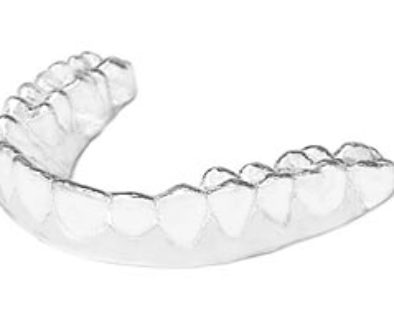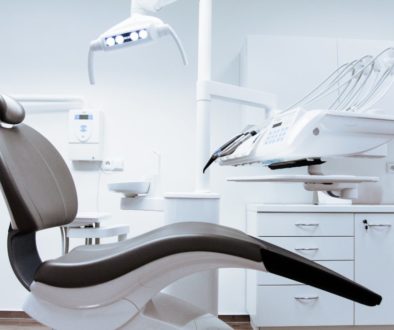What Kind of Pain Is Normal After A Root Canal?
 Root canals are probably the most dreaded procedure in all of dentistry. Your tooth usually hurts prior to the root canal, the procedure is long and uncomfortable, and then afterwards you often have discomfort for several weeks or months. It’s this last part that most people aren’t aware of. Most people expect that once the root canal is completed, the tooth will immediately go back to normal. I wish this was the case, but unfortunately some amount of discomfort is normal and to be expected.
Root canals are probably the most dreaded procedure in all of dentistry. Your tooth usually hurts prior to the root canal, the procedure is long and uncomfortable, and then afterwards you often have discomfort for several weeks or months. It’s this last part that most people aren’t aware of. Most people expect that once the root canal is completed, the tooth will immediately go back to normal. I wish this was the case, but unfortunately some amount of discomfort is normal and to be expected.
The first couple of days
Immediately following the root canal you can expect several types of soreness or pain. First, you’ll have some soreness of the gums around the tooth. This is the result of the small metal clamp that was used to hold the rubber dam in place. Second, you’ll have some pain from where the injections were done. Both of these will start to feel better within a couple of days. The third type of pain you’ll experience is a general soreness of the tooth itself. It can hurt when you bite, push the tooth with your tongue, or throb slightly on its own.
The next several weeks or months
In the several weeks to months following your root canal you will likely continue to have that same soreness and biting pressure with your tooth. This pain will slowly diminish over time until your tooth finally feels “normal” again.
Teeth where the nerve was still alive typically have less pain afterwards than teeth that were abscessed beforehand. You can ask your dentist or endodontist which was the case. Abscessed teeth in particular need quite a bit of healing to feel normal again. A root canal removes the source of the infection but can’t heal the damage that was already done. Only time takes care of this.
Continued Pain
In cases where the pain continues beyond about a month, you should have your dentist or endodontist re-check the tooth. Continued pain can be a result of your bite being off or a cracked tooth. If your bite is off a simple adjustment will usually help the pain to resolve very quickly. A cracked tooth after a root canal usually isn’t able to be saved. Root canals significantly weaken a tooth and unless a crown is put on them quickly there is a high risk of the tooth cracking.
What can you do to take care of the tooth and help relieve the pain?
- Over the counter painkillers such as Ibuprofen are the most effective painkillers for this type of pain. You can take 600-800 mg every 6 hours
- Avoid hard foods on that tooth. This will reduce your risk of cracking the tooth as well as allowing it to heal.
- Get the crown done as soon as possible
- Finish any prescriptions such as antibiotics that were prescribed




March 6, 2017 @ 6:16 pm
On December 19, 2016, I had a double root canal on my upper right side after a bridge replacement procedure inflamed my nerves. It is March 6, 2017 and I still have a temporary bridge as I still have sensitivity, I had the root canal procedure checked by another endodondist and he confirmed that the teeth are not cracked. How long will it take for the mouth to heal? My dentist adjusted the bit on the temporary bridge but is reluctant to installing the permanent bridge until I am pain free.
Help!
Lorraine
March 7, 2017 @ 2:55 am
This is one of those tough ones to say for sure! Everyone heals at very different rates. I have some patients who have no pain afterwards and some who have some residual pain for 4-5 months following. I’d have your dentist check your bite again just to make sure there isn’t something hitting a little bit too hard when you slide your teeth side to side or front and back. This is one of the most common reasons for continued discomfort. Other than that, it may just need a bit more time to settle!